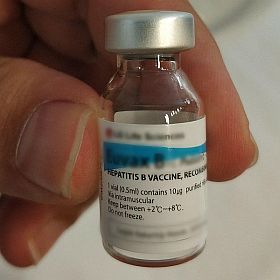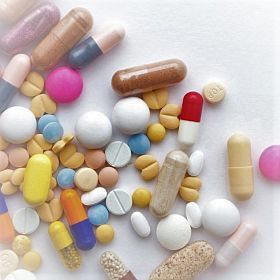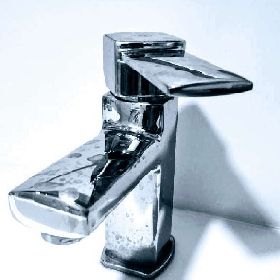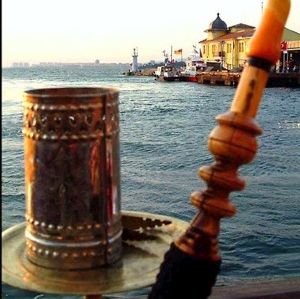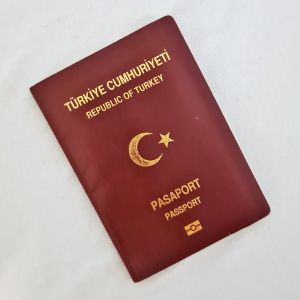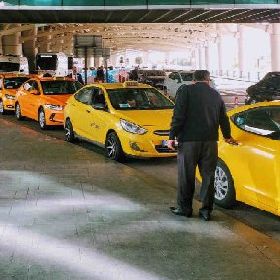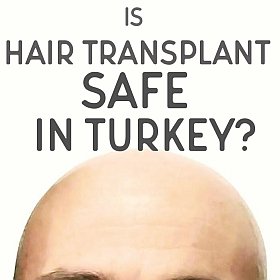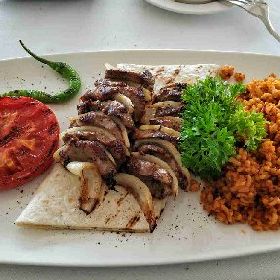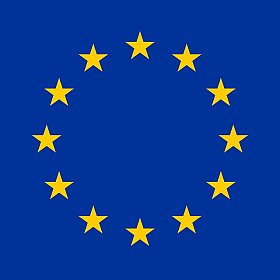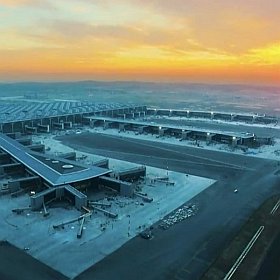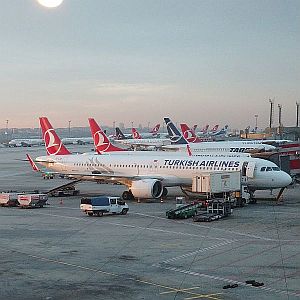Public Health System in Turkey: Is there health risk?
Author : isturkeysafe
7/4/2018
Last Update : 6/8/2019
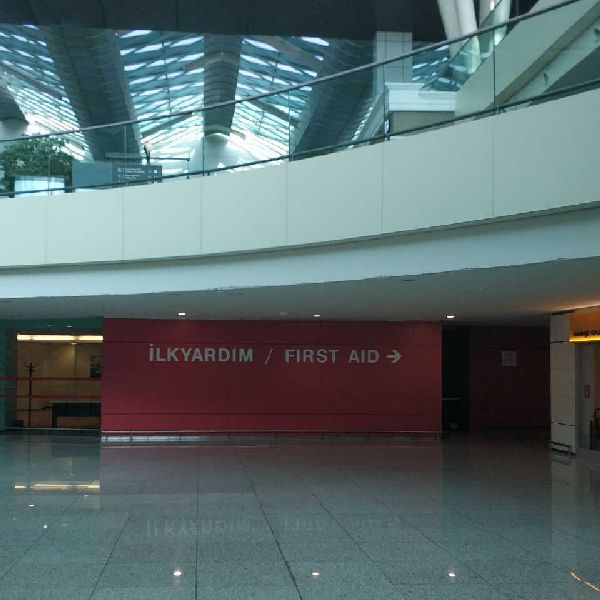
Turkey can generally be recognized as safe in terms of health issues. There is a health system in the country working above the world average. According to a survey conducted among 191 member countries of the World Health Organization (WHO), overall health performance ranking of Turkey is #70 (Click here for WHO survey page). Current situation is given as follows;
HOSPITALS AND HEALTH SERVICE IN TURKEY
VACCINES IN TURKEY
- Hepatitis B Vaccine
- BCG(Tuberculosis)
- Dabt-IPA-Hib (Diphtheria, Acellular Pertussis, Tetanus, Inactive Polio, Hemophilus Influenza Type B Vaccine)
- Measles-Mumps-Rubella Vaccine
DRUGS AND PHARMACIES IN TURKEY
What if you need drugs at night? In every district of Turkey, at least one pharmacy is held open for 24 hours in coordination with the local authorities ('Nobetci Eczane' in Turkish). This number can be increased according to the size of the city you are staying in (For example, more than 100 pharmacies are open every night in Istanbul). Every night, a different pharmacy in the region serves during the night. So how can you know which pharmacy is open in the night in Turkey? Below you can find lists of pharmacies that work 24 hours for some major cities and touristic places (All links below are web addresses of local pharmaceutical authorities, which are in Turkish. You can use these web sites by translating with Google translate if needed; click here for Google Translate web site )
- Istanbul Night-Pharmacies
- Ankara Night-Pharmacies
- Izmir Night-Pharmacies
- Antalya Night-Pharmacies
- Bursa Night-Pharmacies
- Mugla Night-Pharmacies
- Marmaris Night-Pharmacies
- Fethiye Night-Pharmacies
- Bodrum Night-Pharmacies
- Dalaman Night-Pharmacies
- Datca Night-Pharmacies
- Aydin Night-Pharmacies
- Konya Night-Pharmacies
- Eskisehir Night-Pharmacies
- Izmit(Kocaeli) Night-Pharmacies

